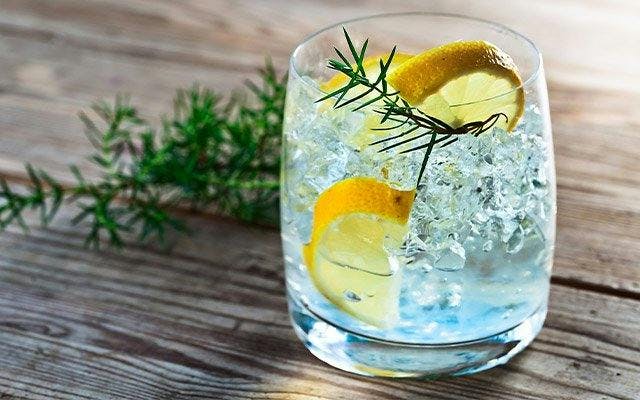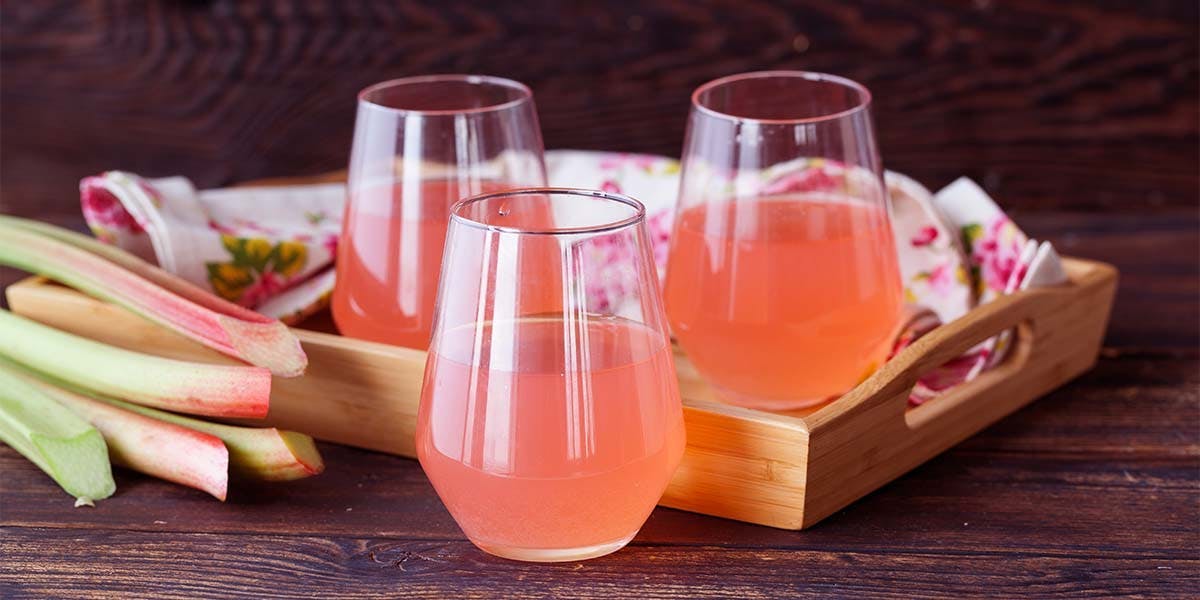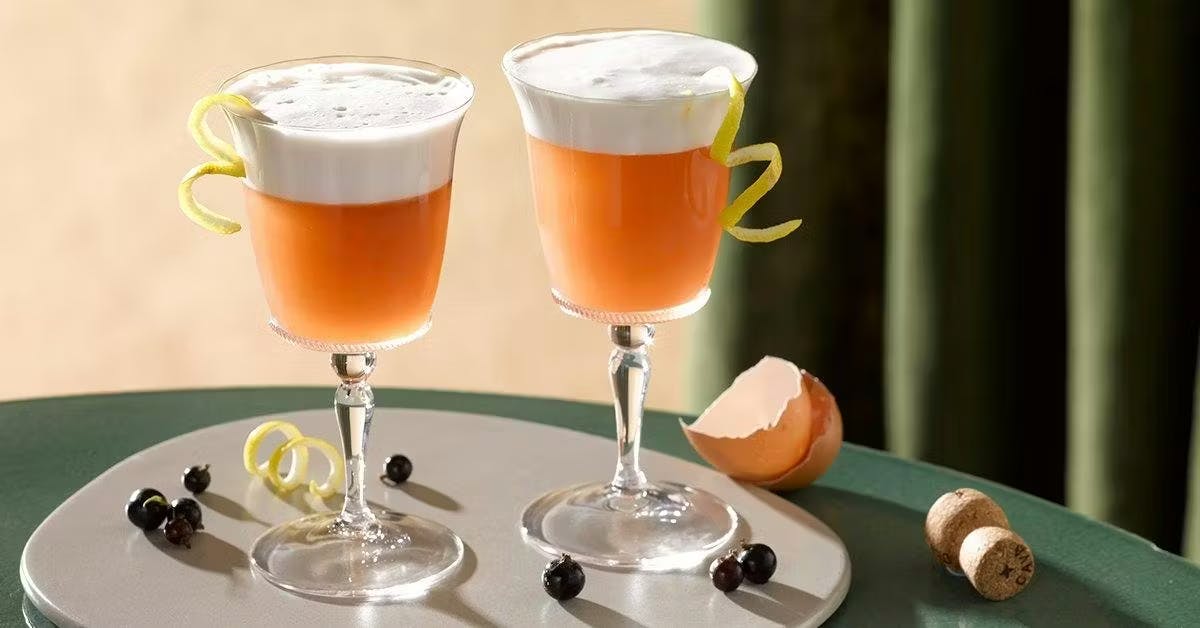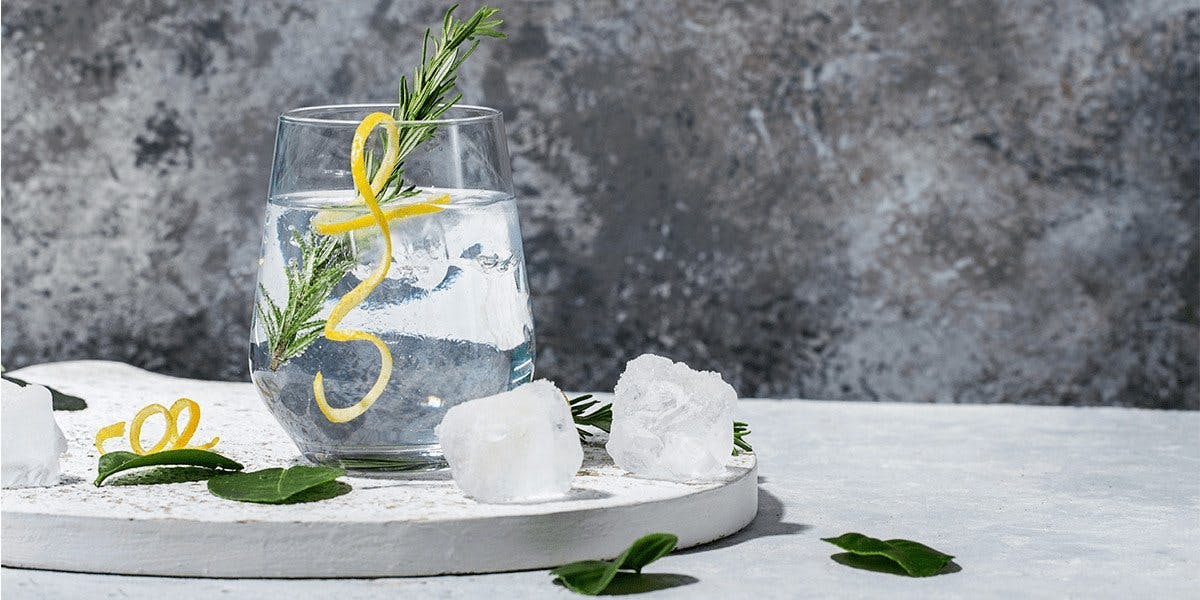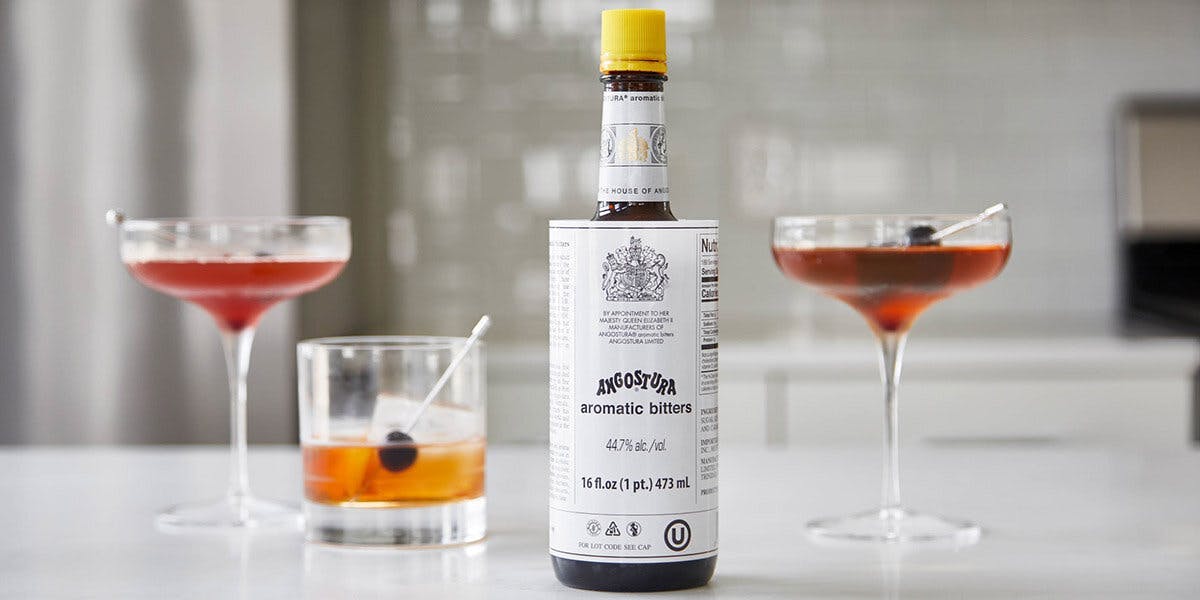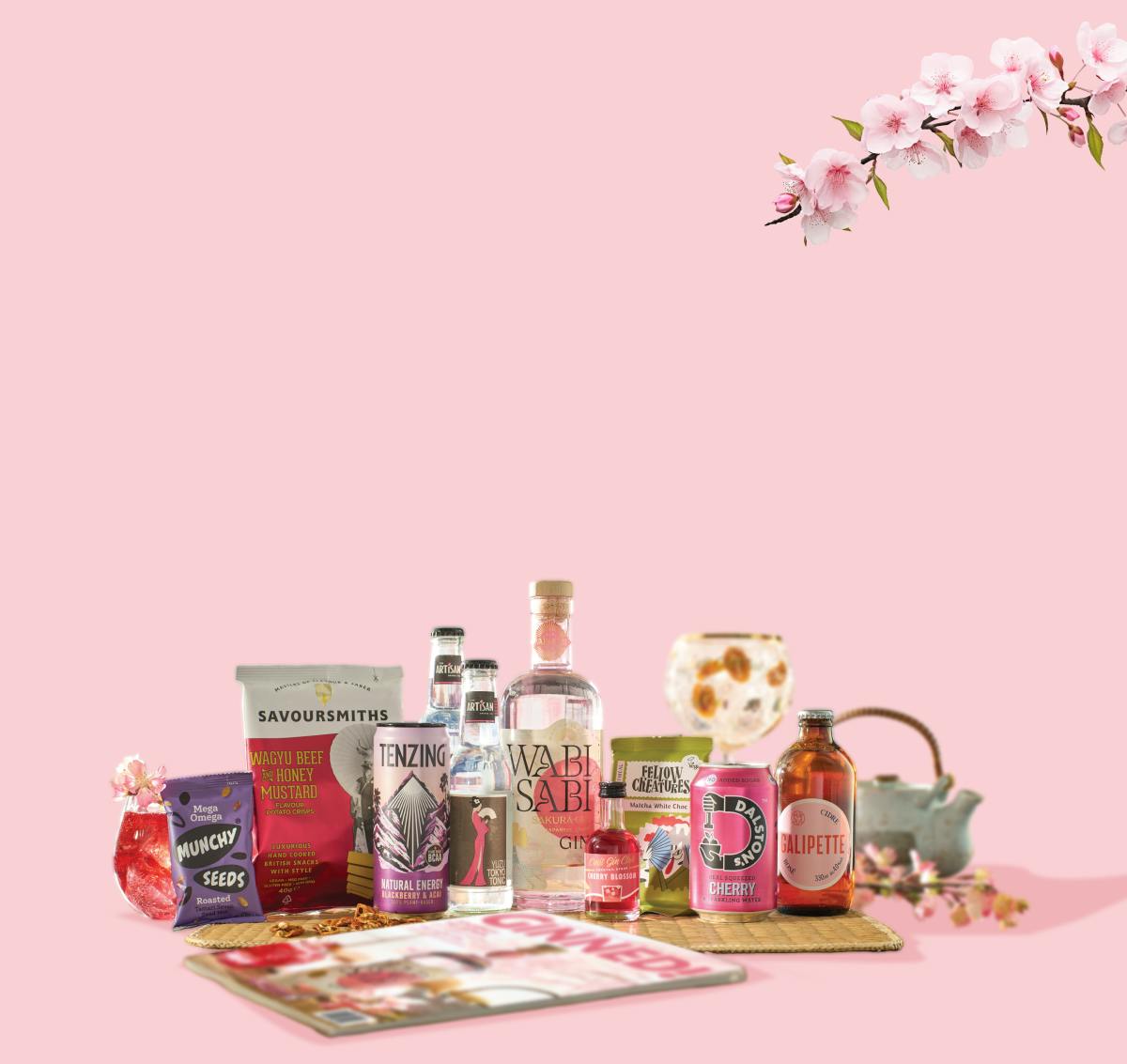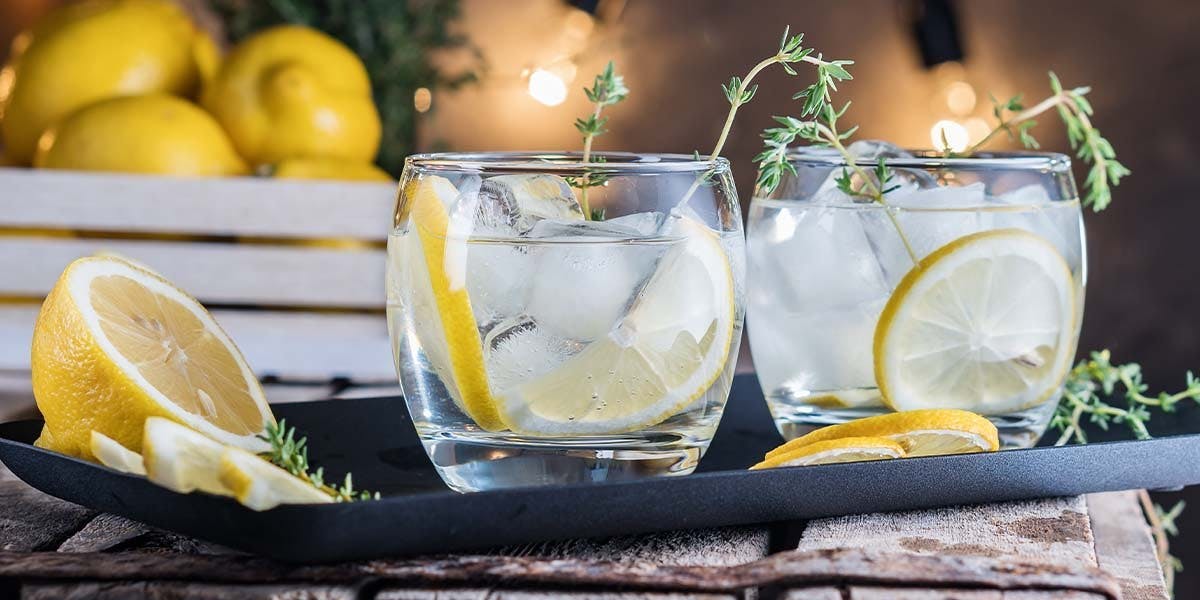
Is gin vegan, or gluten free? Is gin a depressant? How much sugar is in gin? Discover the answers to your most pressing ginny queries!
If you are reading this feature then we are going to assume that you are already a gin fan - you might even be a Craft Gin Clubber! So we don’t need to tell you how amazing the complex flavour profile of a good London Dry like Tarquin’s Cornish Dry Gin can be. And we don’t need to extol the delectable virtues of a well-made Negroni, Gimlet or Tom Collins cocktail.
But there may still be some questions about our favourite tipple that keep you up at night - they certainly gave us the shivers before we did the research. Questions like…how “healthy” is gin? Is gin safe for vegans to drink? Is gin a depressant? It was nicknamed Mother’s Ruin at one point in history, after all. Gulp.
Well, worry no more. Here’s our guide to gin that every gin aficionado needs in their life. Scroll down to reveal all…
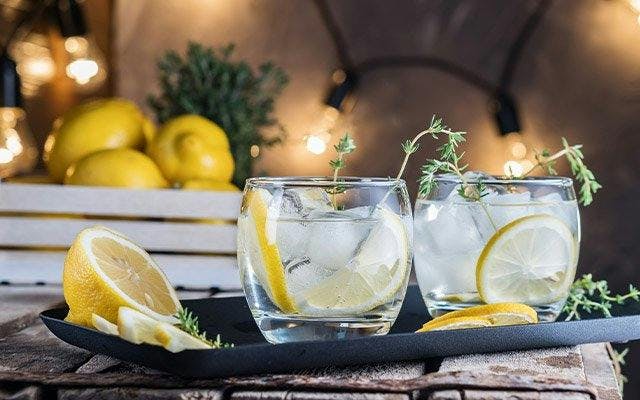
Is gin the healthiest alcohol?
By some definitions, gin could be called the healthiest alcohol. However, let us caveat that by stating the obvious: no alcohol is “healthy” - so let’s not kid ourselves here!
Alcohol is an indulgence - like that decadent piece of chocolate you nibble after work or that big bowl of sticky toffee pudding and vanilla ice cream after a Sunday roast - and, when drunk responsibly, it can be a very lovely treat indeed. This is especially true if you choose your gins wisely and opt for a great craft gin. If you are going to treat yourself then you might as well do it properly, eh? But as with many of our favourite indulgent treats, we do need to consume it in moderation or it could have negative impacts on your health.
However, there are some aspects of gin that might help you make your decision when opting for a gin and tonic over another form of booze:
1) Gin’s key ingredient is a “superfood”

Juniper, the defining ingredient in gin, does have many health benefits. Not only is it full of Vitamin C, which is great for your immune system and blood vessels, but it’s also packed with antioxidants like flavonoids, coumarins and volatile oils, which protect your cells and can help reduce inflammation.
Tests on rats with diabetes, published in a study in the National Library of Medicine, have also shown that juniper has anti-diabetic properties. The test showed that juniper extract helped to reduce blood sugar levels and increase good cholesterol (high-density lipoprotein, known as HDL).
2) Gin contains fewer calories than most other alcoholic drinks
Based on calculations by drinkaware, gin is one of the least calorific alcoholic drinks that you can sip, only beaten by tequila. Here is a side-by-side comparison for you to check out:
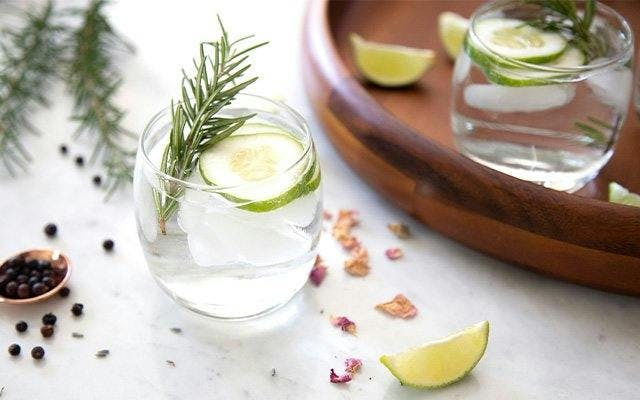
Calories in alcoholic drinks:
- Tequila has 48 calories per 25ml
- Gin has 55 calories per 25ml
- Vodka has 55 calories per 25ml
- Rum has 55.5 calories per 25ml
- Whisk(e)y has 55.5 calories per 25ml
- Red wine has 112.5 calories per 125ml (the average small glass)
- Rosé wine has 112.5 calories per 125ml
- White wine has 112.5 calories per 125ml
- Lager has 181.1 calories per pint
- Cider has 249.9 calories per pint
- Beer has 244.2 calories per pint
Tequila has 48 calories per 25ml
Gin has 55 calories per 25ml
Vodka has 55 calories per 25ml
Rum has 55.5 calories per 25ml
Whisk(e)y has 55.5 calories per 25ml
Red wine has 112.5 calories per 125ml (the average small glass)
Rosé wine has 112.5 calories per 125ml
White wine has 112.5 calories per 125ml
Lager has 181.1 calories per pint
Cider has 249.9 calories per pint
Beer has 244.2 calories per pint
Find out more about the calorie content of different gin drinks right here!
3) Gin is very low in sugar
All alcohol contains some form of sugar - alcohol is made by fermenting yeast with the natural sugars in different grains, fruits and vegetables. However, when we think about the sugar content in our drinks we are really thinking about “added sugar”.
Gin fans will be happy to learn that London Dry gin can not contain more than 1 gram of sugar per litre.
The only spirits with less sugar than gin are vodka and clear tequilas, which shouldn’t contain any added sugar at all.
In comparison, most rums that can be found on supermarket shelves contain between 17 and 22 grams of sugar per litre.
And when it comes to wine’s sugar content, it doesn’t bear thinking about. Some of the most sugary wines can contain as much as 13.8 grams of sugar per medium-sized glass according to Alcohol Health Alliance.
Surprisingly, most beers are very low in added sugars, with most containing none at all.
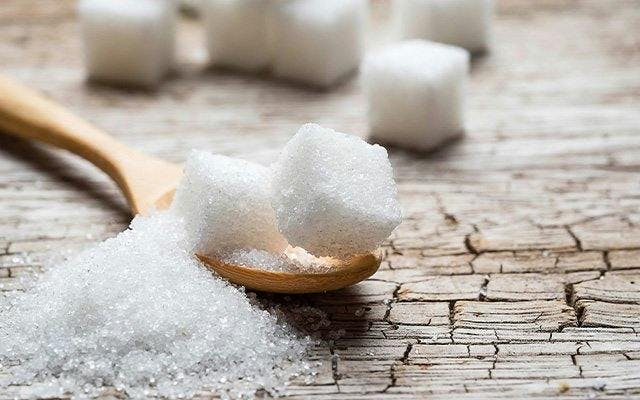
In conclusion, London Dry gin’s low sugar content, its low calorie count and its ingredients could qualify it as less unhealthy than many other forms of alcohol.
HOWEVER, it is very important to remember that gin has a high volume of alcohol (the spirit must be over 37.5% ABV to be considered a London Dry).
This means that gin should never be viewed as a “health drink”. It must only be drunk responsibly. Gin should never be seen as any kind of health tonic or a supplement to any kind of diet.
(Remember, we are talking about London Dry here. The points made above do not count for flavoured gins, which are often made with syrups after the distilling process. This means that flavoured gins often contain a lot more sugar.)
Is gin a depressant?
The short answer is that there is very little scientific evidence to suggest that gin is a depressant. However, any high-alcohol spirit, when misused, can have negative effects.
In the British Medical Journal, one study, which surveyed over 30,000 participants aged between 18 and 24, found that over half its participants experienced feelings of tearfulness, aggression and restlessness after drinking spirits like gin.
These results suggest that overdrinking any spirit can be detrimental to one’s mental health, without singling out gin as a particular trouble-causer.
Professor Mark Bellis, director of public policy at Public Health Wales, responded to those results by suggesting that other variables could also be at play: “Emotions experienced could also be related to when the alcohol is drunk, the levels of alcohol within each beverage type and the different compounds found in different drinks.”
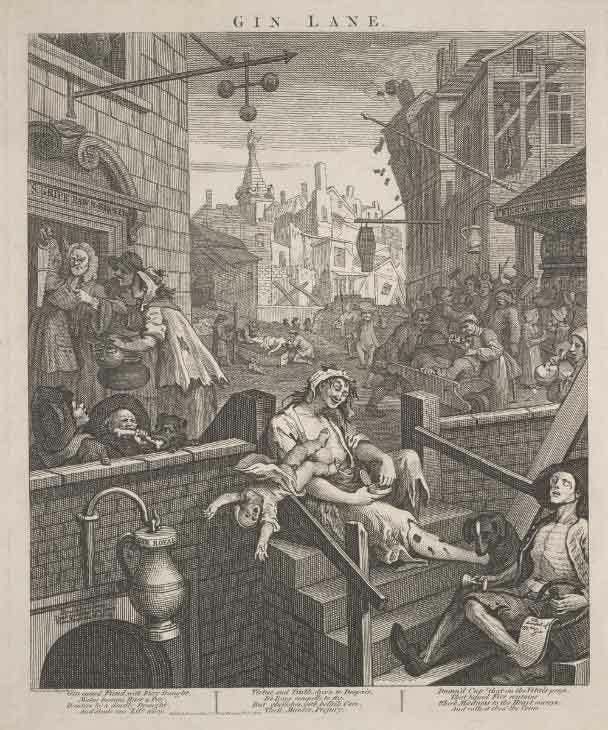
But if gin isn’t a depressant, why is it called “Mother’s Ruin”? The name “Mother’s Ruin” comes from the “Gin Craze” of the 18th Century.
It was a time when gin was unregulated and could be distilled in any home. As you can imagine, the quality was poor yet it is thought that by 1743 the average gin drinker was consuming up to 14 gallons a year.
When the Gin Act of 1736 was introduced, making it illegal for gin to be distilled without a licence, which were extortionately expensive, gin production was forced to go underground which only made it even less safe for the consumer.
As depicted in William Hogarth’s Gin Lane (1751), alcohol addiction was rife and there were many horror stories of babies being abandoned and children sold to pay for gin. The name “Mother’s Ruin” was soon on many lips.
The gin of 18th Century England is a far cry from the high quality London Dry gins available today on the Craft Gin Club online shop, thank goodness!
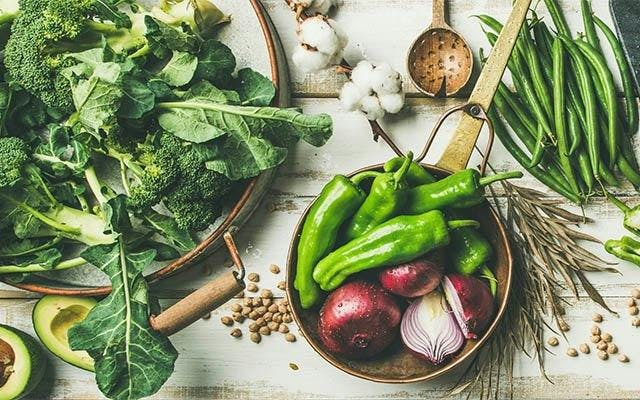
Is gin vegan?
Almost all gins are completely vegan-friendly - the standard London Dry recipe of base alcohol, juniper and fruit/herb/spice botanicals doesn’t include any animal products.
However, distillers do love to get creative. There are some gins that use animal products as botanicals, like honey (The Apiarist Gin), and there is even a gin that is made with oysters (Isle of Bute Oyster Gin).
The trick is to be vigilant and check the label on your gin bottle before buying.
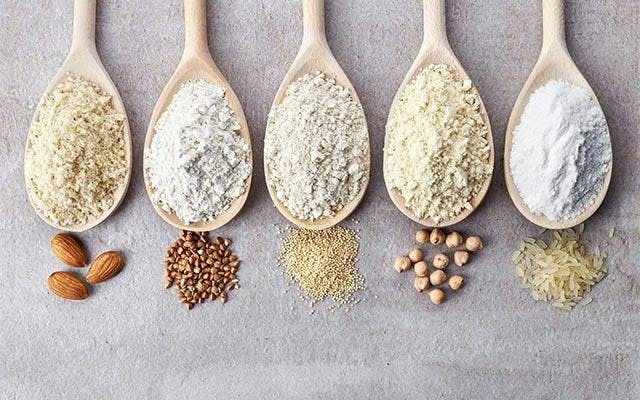
Is gin gluten-free?
A standard London Dry gin is gluten-free and safe for anyone with coeliac disease - even if the base alcohol is made with rye, wheat or barley. This is because gluten is removed during the distillation process.
The issue gets more complex with flavoured gins if the flavourings are added after the distillation process, so please do check the labels of your gin before buying - distillers should make it clear which allergens are present in their gin on the bottle packaging.
Is gin kosher?
Most unflavoured London Dry gins are indeed kosher (meaning they comply with Jewish dietary law), as long as they are not produced using grape or grape products or any dairy products like whey or lactose.
The issue becomes infinitely more complex when it comes to flavoured gins because it becomes harder to track the ingredients when syrups are added after the distillation process.
One sure way to tell if a gin is kosher is to see if it is KIR certified (the KIR label means that the gin has been inspected and certified by Badatz Igud Rabbonim, the leading kosher governing body in Europe).
